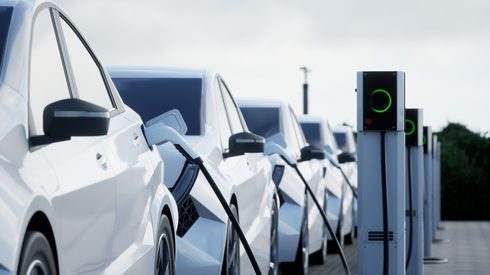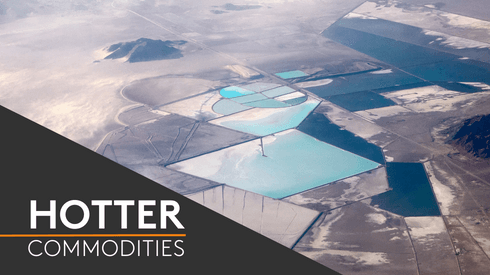The statement comes from Roger Lin, vice president, marketing and government relations of the Westborough, Massachusetts-based black mass recycler Ascend Elements.
“The desire to build domestic supply chains for EVs is very strong, including in the US. We are working to establish a world class establishment and capacity in the US that will take raw materials and use them in the most efficient way possible. We will be turning them into [precursor cathode active material] pCAM and [cathode active material] CAM, which is produced very little in the US,” Lin said.
Ascend announced on Tuesday September 26 a new joint venture with the South Korean SK ecoplant subsidiary TES to build a new facility in Hopkinsville, Kentucky, that will disassemble and shred approximately 24,000 tonnes per year of used EV batteries and gigafactory scrap.
It will produce roughly 12,000 tpy of black mass.
The newly announced facility in Hopkinsville is “almost a copy-paste” of Ascend’s facility in Covington, Georgia and will increase the company’s recycling capacity, according to Lin.
The company’s Base 1 facility in Covington has annual capacity to process around 30,000 tonnes of used lithium-ion batteries and manufacturing scrap.
“Our strategy goes hand in hand with what the US government is trying to do,” Lin said, adding that this is evidenced by the two grants that Ascend received from the Department of Energy (DOE).
In October 2022, the DOE awarded Ascend two grants worth a total of $480 million to produce sustainable CAM from recycled batteries. The company announced that this would be used toward the construction of their Apex 1 facility in Hopkinsville that will produce pCAM and CAM.
Apex 1 is currently under construction. Ascend expects it to become operational in 2024, and to produce pCAM for around 750,000 new EVs per year at full capacity.
The black mass produced at the newly announced facility will supply Apex 1. The construction is scheduled to begin in November 2023 with production expected to commence in early 2025.
“Black mass will be produced and consumed locally, and this will happen anywhere in the world where there is EV production,” Lin said.
Want more insights and forecasts for the battery recycling and black mass market?
Keep up to date with global market insights and predictions for the battery recycling market with the Fastmarkets NewGen Battery Recycling Outlook.





